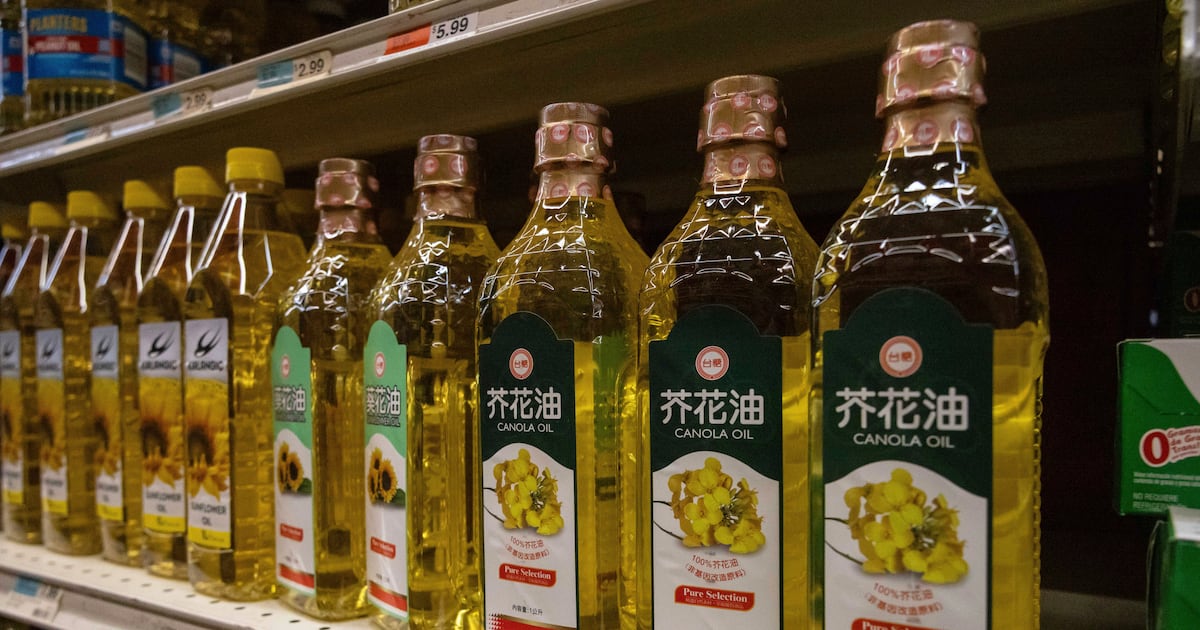I had almost forgotten about biofuel.
Canada’s been rolling out crush plants pretty steadily, which has definitely stabilized the market. Since Europe will only accept canola for biodiesel use, that market isn’t available for human consumption, but they still buy a fair bit but the price is definitely a factor when competing against local rapeseed.
We’re on track to crush 11M tons this year, which might go up a lot if the price goes down, likely given the export issues and what looks like a record harvest incoming. The prices might not be great for farmers, but they still seem above break-even for most farms. If it dips below $600/t, supply might dry up.
Even the US biofuel mandates have worked to keep canola prices up, since tariffs haven’t been applied to grain yet.
And SAF is definitely on everyone’s radar, since canola is the best feedstock for making that by far. We need to invest in some plants to capture that value-added domestically instead of shipping it away as oil to be processed.
There was a biodiesel plant built out near High River Alberta in the late 80s. It was mothballed after only a few years of production. I wonder if there’s enough left of it to start up again?
If it’s still there, it’s probably only worth the land it’s on and maybe the handling facility. The technology has changed half a dozen times since then.
You probably forgot about biofuel because it is not a sustainable alternative to fossil fuels. You don’t get back enough energy relative to what you put in. The only reason it exists is due to government subsidies and mandates.



